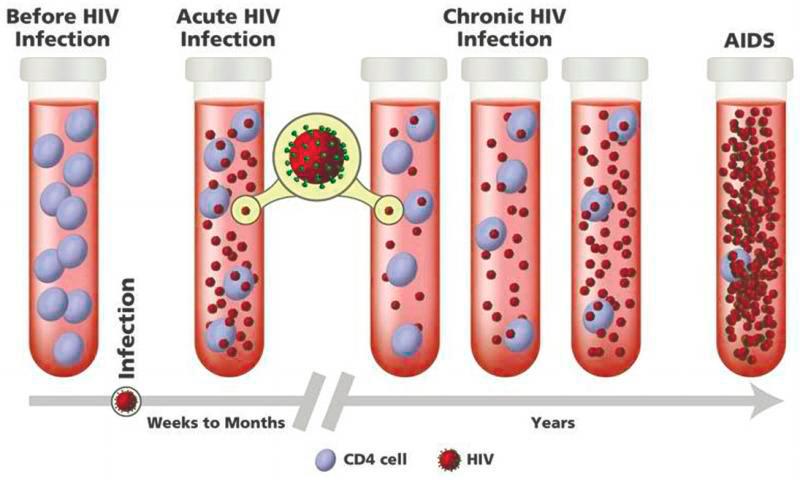PETALING JAYA: Malaysian youths seem to lack knowledge on the human immunodeficiency virus (HIV) and have numerous misconceptions about how it is contracted, said organisations working with those suffering from acquired immune deficiency syndrome (AIDS).
Based on the National Health and Morbidity Survey 2020, 28% of respondents aged between 15 and 29 believe a person can get HIV by sharing food with someone who is infected.
Meanwhile, a total of 477 HIV transmission cases were reported among youth from January to December last year, based on the Malaysian Aids Council Strategic Programmatic Data and Evaluation Unit.
Its honorary assistant secretary Elisha Kor Krishnan told theSun that HIV infections are on the rise due to several factors.
“People engaging in unprotected sex, drug use and the lack of pre-exposure prophylaxis services in Malaysia are among key factors contributing to the rise in HIV cases.
“Since the pandemic, the importance of getting checked and taking care of one’s health has led more people coming forward for testing, resulting in a higher number of reported cases.”
The treatment for HIV involves a combination of antiretroviral treatment (ART) medications that work together to suppress the virus and prevent its progression.
“ART can reduce the virus count in the body, improve immune function and lower the risk of transmitting HIV to others.”
Elisha added that people living with HIV (PLHIV) face challenges getting access to healthcare despite the government providing free first-line treatment for HIV at government clinics.
“One of the biggest challenges PLHIV face in Malaysia is the lack of access to treatment in rural areas.
“This is a major barrier, especially for those with limited financial resources. Longer waiting times and reduced quality of care can further discourage PLHIV from seeking healthcare services.”
She said despite efforts by the government and NGOs to reduce the stigma faced by PLHIV, many of them still suffer from discrimination.
“Currently, second-line ART treatments, which are partially subsidised in Malaysia, are not yet available for free in the public sector. The homeless, jobless and hardcore poor PLHIV lack safe places to stay and keep their ART medicines.
“Doctors and pharmacists are also facing major challenges in releasing medicines that PLHIV have defaulted collecting”
She said Malaysian youths lack access to accurate information about HIV transmission, prevention and treatment, which increases their vulnerability to HIV infection.
They also face barriers gaining access to HIV testing and treatment services due to a lack of financial resources, transportation and the fear of being stigmatised.
Elisha said comprehensive youth-focused sex education is still lacking in Malaysia and only individuals above the age of 18 are allowed to take a HIV test without parental consent.
Pink Triangle Foundation community healthcare clinic manager Ramesh Vadiveloo said the Employment Act 1955 does not protect PLHIV, while mandatory pre-employment HIV testing is discriminatory against HIV patients.
“But some multinational companies have strict regulations that forbid stigmatisation and discrimination. So, PLHIV have problems with employment if an employer’s decision is determined by the HIV status of the employee.”
Ramesh said discrimination towards PLHIV can be overcome with proper knowledge on HIV.
“Correct knowledge on the modes of transmission for HIV, how it is not a death sentence and those living with it can have a normal life with proper medication is important for the public to know.
“Once a PLHIV has been virally suppressed, they can never transmit the virus to a sexual partner.
“PLHIV can even conceive a child once they have achieved viral suppression.”









